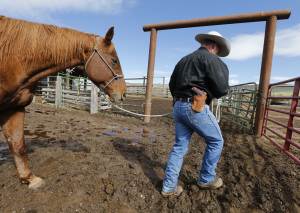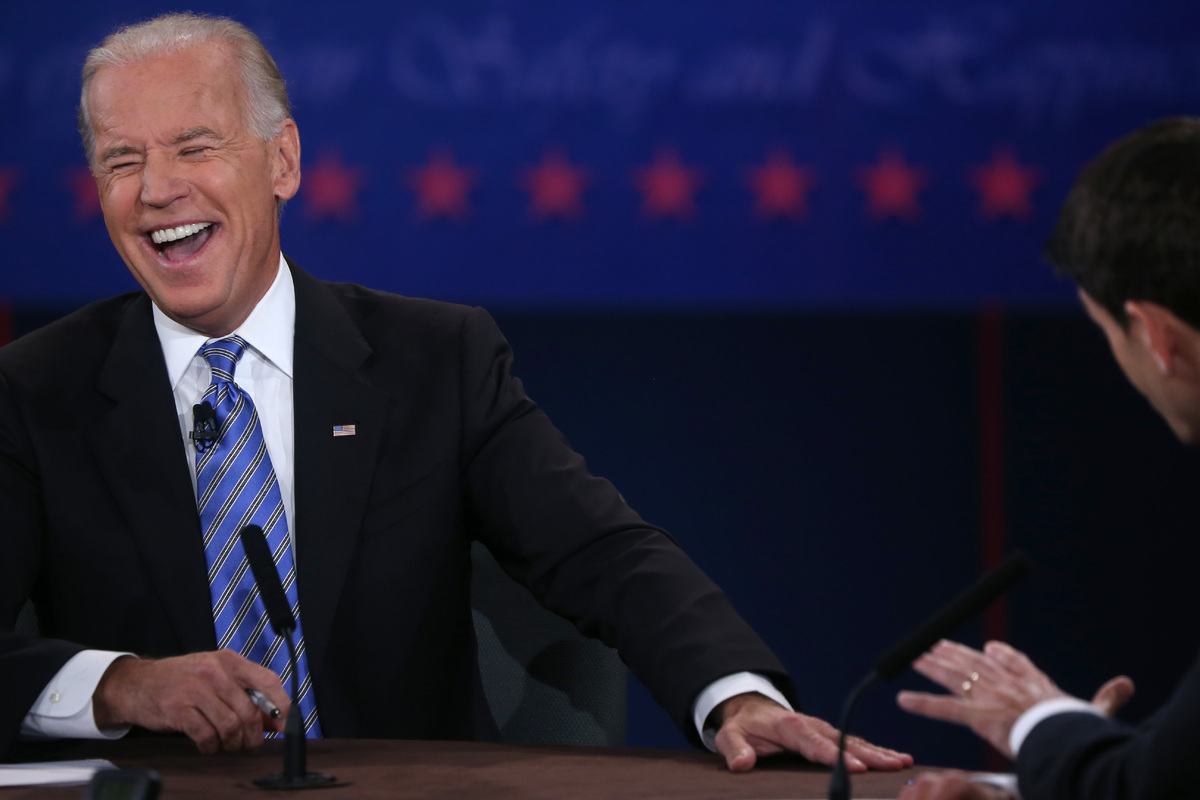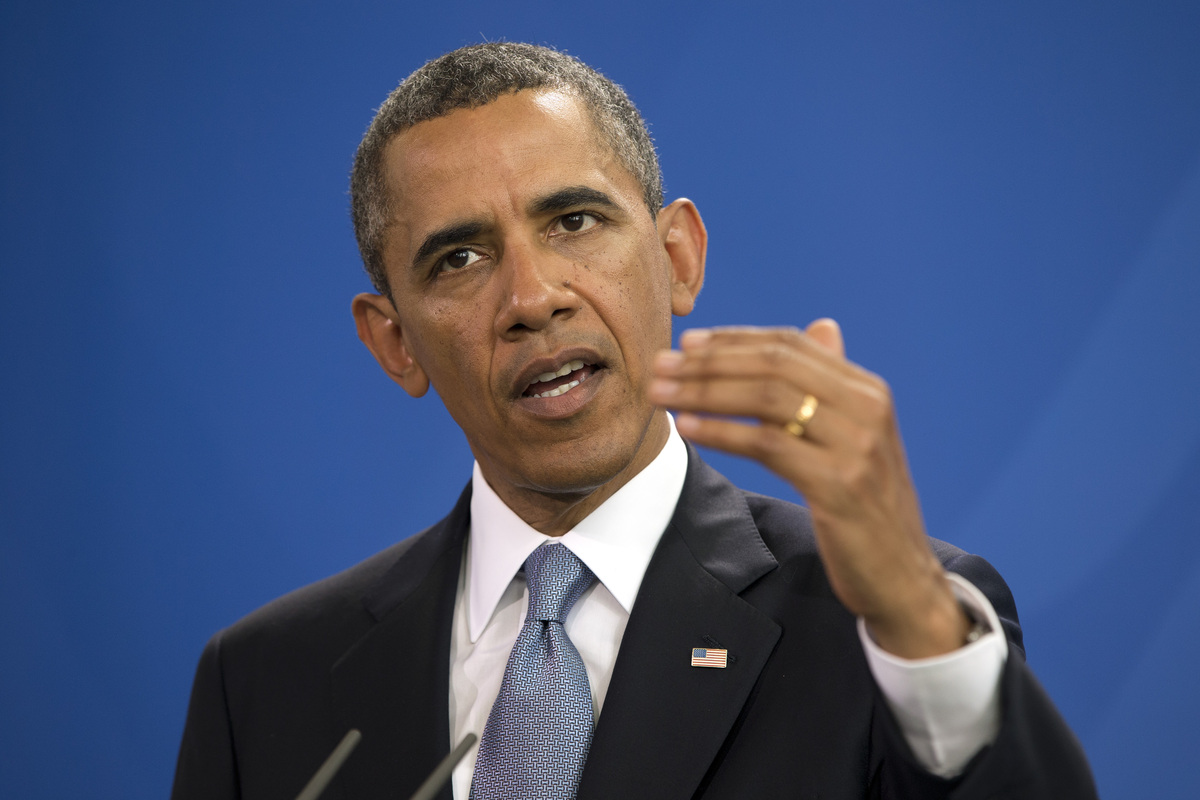
JohnButts@JBMedia - Reports:
North Carolina House Speaker Thom Tillis didn't have any problem jamming through a so-called "voter ID" law that was intended to take away the voting rights of thousands of North Carolinians -- including many African Americans.
But the moment Democrats or civil rights organizations exhort African Americans to go to the polls and stand up for their right to vote -- and prevent Tillis from being elected to the U.S. Senate -- the Republicans squeal like stuck pigs.
"Oh, that's unfair, that's playing the racial card," they say. Wrong. That's being held accountable for policies that intentionally attack the interests of African Americans and millions of other ordinary voters.
With Tillis as speaker, the North Carolina legislature passed "Stand Your Ground" legislation similar to the law that allowed the acquittal of Trayvon Martin's killer in Florida. But the GOP thinks it is utterly unfair for him to be tied to the real-world consequences of his actions in government.
Community and civil rights organizations throughout the South -- and around the country -- are exhorting African American voters to go to the polls in the mid-term elections by pointing out that when African Americans don't vote they get outcomes like Ferguson, Missouri. And they are dead on. Sixty-seven percent of the city's 21,000 residents are black, but only 12 percent of the voters in the last municipal election were black. The result: a city council with only one African American member and a police force of 53 officers -- of which only three are black.
There could be no better example of what African Americans get if they don't vote. Yet the Republicans think that reference to Ferguson is "inflammatory."
It's not the least bit "inflammatory." It simply means that the African American community intends to stand up for itself in the political process.
It is tribute to the fact that the leaders of African American organizations realize that if you're not at the table, you're on the menu -- and that goes for all of us.
Democrats and everyday Americans of all backgrounds should take a lesson from the way African American leaders are standing up for President Obama. They are pointing out in radio spots and mailings that while it is perfectly legitimate to criticize the president in a democratic society; many of his Republican and right-wing
critics have crossed the line to disrespect. They are telling African American voters: "It's up to us to have the president's back -- vote."
Republicans don't like to hear that. In fact, the corporate CEOs and Wall Street billionaires who control the Republican Party -- in coalition with groups of tea party extremists -- don't want most ordinary Americans to wake up and go the polls.
That doesn't just go for African Americans. They are hoping that Hispanics, women, working people, and young people of all sorts stay home and forget there is an election. That way they hope they can elect a Republican Senate so that if a vacancy occurs on the Supreme Court they can prevent President Obama from appointing a justice that is not in Wall Street's back pocket.
They want a Senate that can work with the tea party-controlled House to hold the president and the country hostage unless they are allowed to slash tax rates for big business, eliminate the Medicare guarantee, cut Social Security benefits, gut the regulation of Wall Street, dramatically restrict women's right to choose and limit access to contraception. And none of that is an exaggeration. Those are the positions they put right on their campaign websites.
If you are reading this article and haven't voted, make a plan right now for how you plan to vote before Tuesday. In most states you can vote by mail, vote early at many locations or -- of course -- go to your precinct on Tuesday and cast your ballot.
Figure out now what time you plan to vote and how you plan to get to the polls or the early vote location. Don't put it off.
Many critical elections in state after state are on a knife's edge -- they will be decided by a handful of voters.
Tens of thousands of Americans have given their lives -- on battlefields far away and in struggles for voting rights here at home -- so that every single American can have the right to have a say in determining our country's leaders.
If you think that it doesn't matter -- or that it won't affect you, or that your vote won't influence the outcome -- you are simply wrong.
In the end the big issues that completely shape our individual lives and the future of our society are decided by who votes.
Will there be job opportunities for our kids? Will a small group of Wall Street speculators be allowed to sink our economy once again like they did in 2008? Will you have the right to control your own reproductive decisions? Will your monthly Social Security check be cut? Will we leave our kids a planet that is so filled with carbon pollution that we can't grow enough food or our cities are regularly swamped by monster storms like Hurricane Sandy? Will ordinary people finally get wage increases from our growing economy or will all of the growth continue to be siphoned off by the wealthiest one percent?
If you don't plan to vote, are you really willing to allow the billionaires and CEOs to get what they want? Are you willing to let them steal your family's security while we sleep through the election?
Don't let it happen. Get up off the couch and go vote. Better still, call your neighbors, your sons and daughters. Tell your spouse to vote. Volunteer with a campaign to get other people out to vote -- it works.
The plain fact is that if we don't vote it won't just be some politician who loses an election. If we don't vote, we lose.










